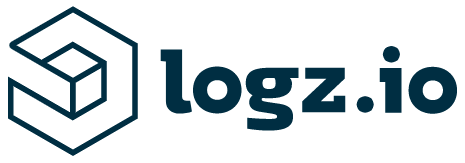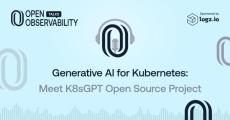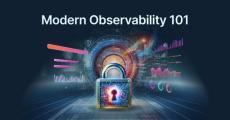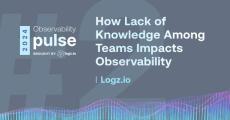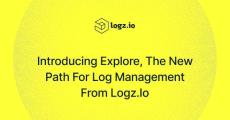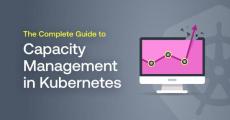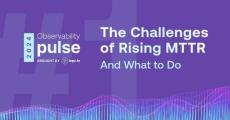- May 2024 (4)
- April 2024 (6)
- March 2024 (4)
- February 2024 (2)
- January 2024 (7)
- December 2023 (5)
- November 2023 (5)
- October 2023 (9)
- September 2023 (8)
- August 2023 (7)
- July 2023 (6)
- June 2023 (9)
- May 2023 (7)
- April 2023 (6)
- March 2023 (8)
- February 2023 (5)
- January 2023 (7)
- December 2022 (6)
- November 2022 (7)
- October 2022 (10)
- September 2022 (11)
- August 2022 (5)
- July 2022 (5)
- June 2022 (11)
- May 2022 (5)
- April 2022 (5)
- March 2022 (9)
- January 2022 (1)
- December 2021 (5)
- November 2021 (13)
- October 2021 (7)
- September 2021 (10)
- August 2021 (5)
- July 2021 (10)
- June 2021 (9)
- May 2021 (6)
- April 2021 (10)
- March 2021 (13)
- February 2021 (7)
- January 2021 (15)
- December 2020 (8)
- November 2020 (11)
- October 2020 (10)
- September 2020 (14)
- August 2020 (9)
- July 2020 (11)
- June 2020 (25)
- May 2020 (11)
- April 2020 (19)
- March 2020 (21)
- February 2020 (13)
- January 2020 (5)
- December 2019 (14)
- November 2019 (12)
- October 2019 (10)
- September 2019 (15)
- August 2019 (25)
- July 2019 (16)
- June 2019 (17)
- May 2019 (16)
- April 2019 (13)
- March 2019 (11)
- February 2019 (10)
- January 2019 (10)
- December 2018 (8)
- November 2018 (9)
- October 2018 (10)
- September 2018 (4)
- August 2018 (9)
- July 2018 (9)
- June 2018 (11)
- May 2018 (10)
Logz.io is an AI-powered log analysis platform that offers the open source ELK Stack as a enterprise-grade cloud service with machine learning technology. Our platform uses AI and and machine-learning algorithms to help DevOps engineers, system administrators, and developers to find critical events in the volumes of information that are now constantly generated in IT environments.
Created by a Check Point veteran and a former algorithm engineer for the Israeli military, the enterprise-grade, cloud platform is built on top of the ELK Stack and provides real-time access to data insights based on the collaborative knowledge of IT executives throughout the world. The ELK Stack -- Elasticsearch, Logstash, and Kibana -- is the world’s most popular open-source log analytics software stack.

